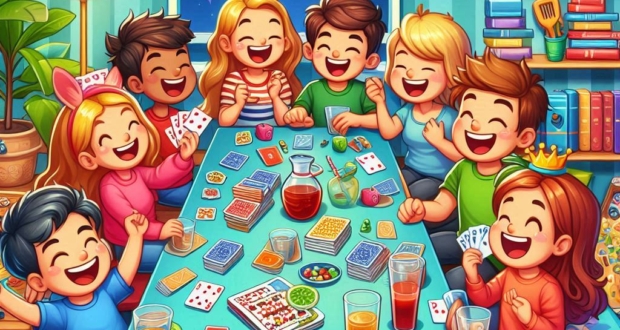Oppositional Defiant Disorder can be challenging for children, teens, and parents. We don’t know the exact cause of O.D.D., but it seems to be a hybrid of environmental factors, parenting, and genetics. It can be challenging because the parents want the child to listen to them, but they don’t. The symptoms of O.D.D. range in severity, but no matter how severe the condition is, it’s crucial to get them help. They need to be able to follow directions, listen to authority figures. If left untreated, many people with O.D.D. end up in trouble with the law. Here’s what O.D.D looks like and how you can get help.
O.D.D. and anger
Teens and kids with O.D.D. get extremely angry. You will see the disorder happen before the child turns eight. Some symptoms include irritability, defiance, being extremely argumentative, and downright hostile. They may act out physically and verbally. Other symptoms include impulsivity, and they may yell a lot. On the other end of the spectrum, kids with O.D.D can isolate or feel depressed. One of the reasons is that they don’t feel understood. It is in some ways a cry for help when you have O.D.D as a child or teen. If you think about pushing boundaries, kids push limits because they want to have those rules. They’re begging for help with structure. Even though they’re pushing back against those boundaries, it’s because they want someone to support them and help them.
O.D.D can range in severity
O.D.D can be extremely serious. You can see symptoms at school or in the workplace with older kids and adults. When it’s severe, it impacts every area of the person’s life. One of the difficulties of the condition is that the person who has O.D.D. will blame others for their behavior. They don’t want to look at their actions or problems because they don’t understand why they’re doing things or the source of their issues. They’re confused about what’s happening to them. They feel out of control, and their mood is all over the place. They don’t know how to manage these symptoms. That’s why it’s important to make sure that you get your child or teen with O.D.D. help when you notice that the condition is impacting their life.
Ways to get help for O.D.D.
One action you can take as a parent is to learn skills to deal with O.D.D. You can engage in individual therapy or family counseling. Another thing you can do is learn collaborative problem-solving. Kids with O.D.D have difficulties solving their problems, but you can work with your teen or child to identify viable solutions to their problems because one thing that happens with O.D.D. is that the child or young person gets frustrated and doesn’t know how to manage their emotions. Social skills training can also help the child with O.D.D. They may benefit from group therapy or Intensive Outpatient programs. It’s crucial for the child to get treatment. You can talk about O.D.D in your own individual therapy.
Embracing the positive
It’s important, especially for a child with O.D.D, to give them praise when they do something right. You can point out that you liked when they listened to you when you told them to clean up the kitchen or tidy up their room. It’s crucial for them to hear positive words about their behavior because they’re probably used to hearing negative feedback from you, teachers, or other people in their environment. It can also help for the child to have structure or routine because that makes them feel safe. You can get some strategies by talking to a therapist about O.D.D.
Talking about O.D.D in therapy
Online therapy is an excellent place to talk about parenting issues and things that you struggle with, along with finding ways to help your child. You can discuss these concerns with an online therapist and talk about how hard it is to be the parent of a child with O.D.D. You may struggle with the condition yourself and not know it! A therapist can talk you through these concerns. You will feel less alone talking to someone who understands O.D.D because you’re not a mental health professional. So don’t be afraid to reach out for help to an online therapist at a company like BetterHelp.com. It helps to get guidance from someone who understands your challenges.
-
Acting - /10
0/10
-
Cinematography/Visual Effects - /10
0/10
-
Plot/Screenplay - /10
0/10
-
Setting/Theme - /10
0/10
-
Watchability - /10
0/10
-
Rewatchability - /10
0/10





















